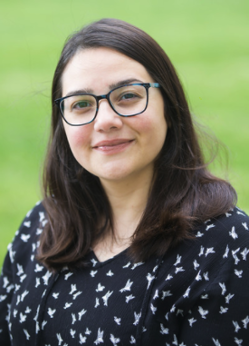Dr. Joseph Crespino, Jimmy Carter Professor and Department Chair, was recently quoted in an article in The Washington Post about the history and fate of Confederate memorialization at the Atlanta-area Stone Mountain Park. The Stone Mountain Memorial Association recently voted to implement some changes at the site, which was conceived of and constructed a half century after the Civil War by those who resisted the expansion of political and civil rights to Black Americans. Crespino, an expert in the history of U.S. South since Reconstruction, offers crucial historical context about the establishment of the park and discusses its future. Read an excerpt below along with the full article: “Georgia park wants to ‘tell the truth’ about world’s largest Confederate monument. Others want it gone.”
“Work on the carvings dragged out. For decades, there was just Lee’s head.
“Then, in the 1950s, a man named Marvin Griffin ran for Georgia governor vowing to fight the federal government’s efforts at desegregation — and also to purchase Stone Mountain and finish the job. He won; the landmark became state property. Work resumed on the carvings, and Georgia also incorporated the Confederate battle emblem into its flag.
“The flag was changed decades later. Now, Crespino says, ‘it’s going to be the flag 2.0 for the state of Georgia as to how to deal with Stone Mountain.’
“’I used to be, as a historian, always leaning toward contextualization,’ he told The Post. ‘But I do think there are some that are so prominent and so central that they do need to be removed.'”

